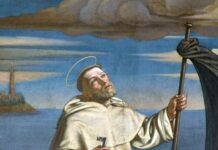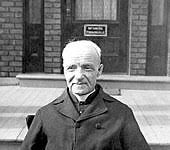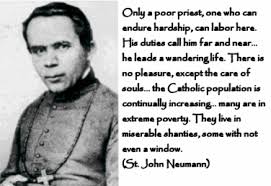On this day in 1534, King Henry VIII promulgated his Oath of Supremacy which made the Tudor king the only supreme head in earth of the Church of England, called Anglicans Ecclesia bestowing upon his person any manner of spiritual authority or jurisdiction, which no other potentate – even the pope – could circumvent.
Few saw the full implications of this act, which usurped the authority Christ had bestowed upon His vicar alone, which is to say, the successor of Peter. The only two in the realm who refused to sign – Thomas More and Bishop John Fisher – were beheaded. As Belloc put it in his essay on More, the good chancellor stood alone amongst his fellow laymen, for a point that was somewhat esoteric, namely, the extent of papal authority. What More did see was that, however that authority was defined and circumscribed, no earthly power could usurp it forthwith, and deny that authority.
Henry always considered himself a good Catholic, as he put to death monks, priests and innumerable others who stood in his way, and destroyed every monastery in the realm, hoarding their lands and buildings and wealth into his own treasury, bestowing largesse upon his courtiers. Yet denying transubstantiation was a capital crime in his realm. Whatever his personal guilt before God, the king likely did not see the full extent of his Act, and how it would metastasize throughout the realm. Then again, none of us can see the full extent of our sins.
But the bitter fruits were soon apparent, as England drifted from schism into heresy and, as Newman predicted, into apostasy and near-total loss of the Faith, which is close to where Britain now stands. I say ‘close’, for the Faith is, and never can be, completely lost in this world. God always provides a way back, for those who respond to His grace.
On that note, Saint John Henry Cardinal Newman was declared a Doctor of the Church by Pope Leo XIV, fittingly on the Solemnity of All Saints. Newman was also named, along with Saint Thomas Aquinas, the co-patron of education, one of the most important apostolates in the Church. The Pope called for us all to work together to set humanity free from the encircling gloom of nihilism, which is perhaps the most dangerous malady of contemporary culture, since it threatens to “cancel” hope. And more, that from a Christian perspective education helps everyone to become saints. Nothing less will do.
We need reasons to hope, to believe, and to live, here and into eternity. As Gaudium et Spes warned, the future of the world stands in peril unless wiser men are forthcoming (15).
And the wisest amongst us are the saints, those who see most clearly the treasure of great price, and the one thing that really matters. Thus did More, Fisher, Newman and, of course, Aquinas and myriads upon myriads of others, now rejoicing in heaven forever.
Omnes Sancti, orate pro nobis!









